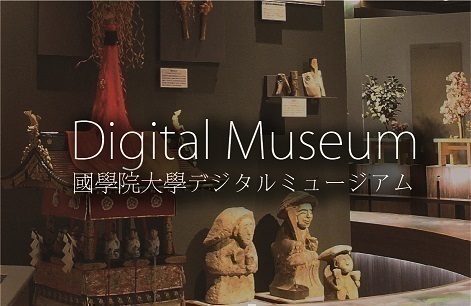- トップ
- Encyclopedia of Shinto
- Miyaji Izuo
Encyclopedia of Shinto
| Main Menu: | |
| Links: |
詳細表示 (Complete Article)
| カテゴリー1: | 8. Schools, Groups, and Personalities |
|---|---|
| カテゴリー2: | Personalities |
| Title | Miyaji Izuo |
| Text | (1847-1918) Shintoist of the modern period. Born in the eighth month of 1847 in Kōchi, Tosa Province (present-day Kōchi Prefecture in Shikoku), Miyaji's original lineage name was Temasu, but he became the adopted son of Miyaji Mine. In 1872 he was conferred the Eleventh Rank in the Ministry of Religious Education (Kyōbushō), and the following year was made Shinto priest responsible for liturgy (in the position of shuten), and later Provisional Suppliant Priest (gon-negi) at the Grand Shrines of Ise (Ise Jingū), and in 1875 he was appointed to the post of Junior Chief Priest (shōgūji) at Hiraoka Jinja. From 1877 Miyaji devoted himself to the propagation of national morals as a member of the Office of Preceptors (kyōdōshoku) while a member of the sectarian Shinto organization Jingūkyō, serving the group in a number of different areas. In 1886 he achieved the highest post within the Office of Preceptors, namely Senior Prefect of Instruction (daikyōsei). He served as a Shinto priest responsible for palace rituals in the office of shōten within the Imperial Household Ministry (Kunaishō) from 1888, and from this time advanced through a succession of ranks. In 1908 he was made head of the Department of Ceremonial Court Music (gagaku), and given the additional post of head administrator of the Office of Senior Clerks (taireishi) in 1913, through which he helped formulate rituals and ceremonies accompanying the accession to the throne of the new Taisho Emperor. He was appointed to the Imperial Household Ministry's Department of Rites and Ceremonies (Shikibukan) in June 1918. He also was chief writer for the Meijikai sōshi (Proceedings of the Meiji Society), the periodical of the Meijikai sponsored by Tosa compatriot Sasaki Takayuki. Miyaji was author of such works as Saiten kozokusetsu bengi (Explanation and Analysis of Ancient Popular Ceremonial Worship of the Heavens), Nippon kokka gakudan (Academic Discussion of the Japanese State), Shintō (Way of the Divinities), Shinsen kiden (Transmitted Record of the Daoist Immortals)、 and Tamanoya kashū (Collected Poems of the Tamanoya). He died on June 16, 1918, at the age of seventy-two. - Akimoto Nobuhide |




